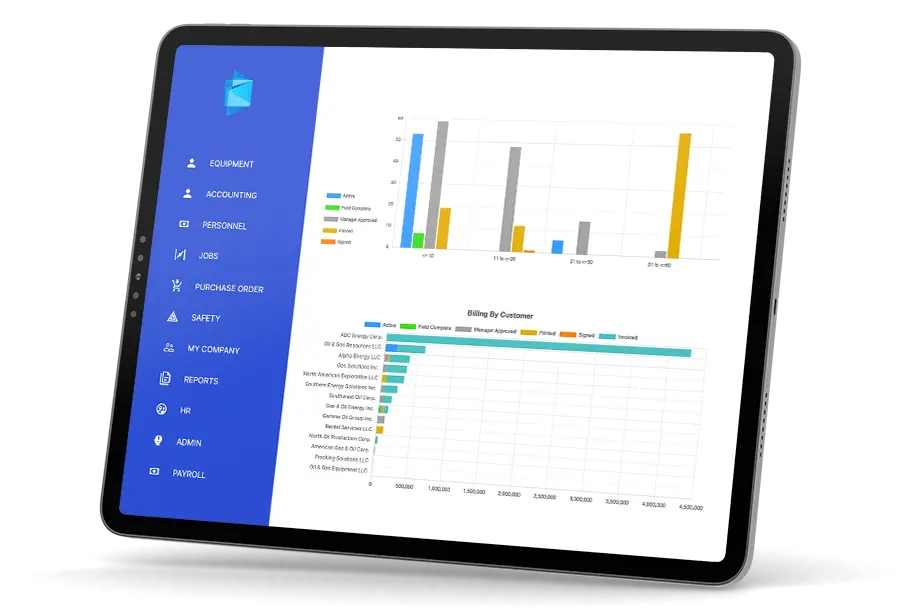Mastering regulations: Leveraging ERP Systems
In highly regulated business landscape, compliance is not just a legal requirement; it's a critical factor in maintaining trust, reputation, and operational excellence.
 Job Board Admin
Job Board Admin

ERP (Enterprise Resource Planning) systems have emerged as invaluable tools for organizations seeking to streamline compliance processes, mitigate risks, and achieve sustainable success.
The Evolving Compliance Landscape
Organizations face an increasingly complex and ever-changing compliance landscape, with regulations governing various aspects of their operations, from environmental impact to employee safety. Staying abreast of these regulations and ensuring adherence can be a daunting task, especially for businesses with global operations.

The Role of ERP Systems in Compliance
ERP systems provide a centralized platform for managing compliance-related activities, enabling organizations to:
- Centralize Compliance Documentation: ERP systems allow for the storage and management of all compliance-related documents, including policies, procedures, handbooks, and training materials.
- Automate Compliance Workflows: ERP systems can automate routine compliance tasks, such as training assignments, document reviews, and risk assessments.
- Track Compliance Activities: ERP systems provide a comprehensive audit trail of all compliance activities, ensuring transparency and accountability.
- Monitor Compliance Status: ERP systems enable organizations to monitor their compliance status in real-time, identifying potential gaps and taking corrective actions promptly.
Benefits of ERP-Driven Compliance
Implementing ERP systems for compliance management offers a multitude of benefits, including:
- Reduced Compliance Costs: Streamlined processes and automated tasks can significantly reduce the time and resources dedicated to compliance activities.
- Enhanced Risk Mitigation: Early identification and mitigation of compliance risks can prevent costly penalties, legal issues, and reputational damage.
- Improved Operational Efficiency: Compliance-driven processes can enhance overall operational efficiency by reducing errors, ensuring consistency, and promoting a culture of compliance.
- Increased Confidence and Trust: Demonstrating strong compliance can boost investor confidence, strengthen customer relationships, and attract top talent.
ERP systems have transformed the way organizations manage compliance, providing a centralized platform for streamlining processes, mitigating risks, and achieving sustainable success. By leveraging AI, organizations can further enhance their compliance capabilities, AI-powered tools can automatically generate compliance-related documents, such as policies, procedures, and training materials, ensuring that their operations align with evolving regulations and maintaining a high level of trust and reputation.

